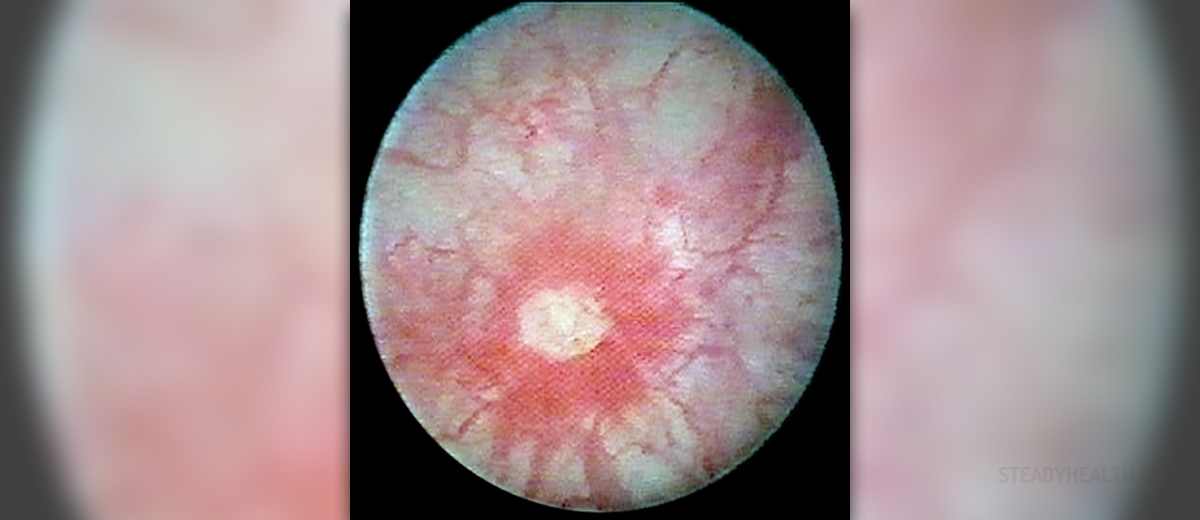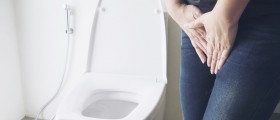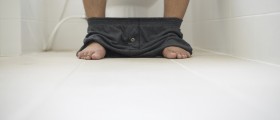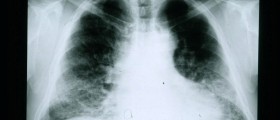
Interstitial Cystitis OverviewInterstitial cystitis is a condition that causes frequent, urgent and painful urination. This chronic condition is caused by inflammation of the bladder and it is also known as painful bladder syndrome. Interstitial cystitis, apart from the bladder, may affect the whole urinary system. While bacterial cystitis results from an infection in the bladder, interstitial cystitis is not caused by any pathogen. Around 1 million people in the U.S. suffer with interstitial cystitis. This condition may affect people of all ages but women are more prone to developing this syndrome comparing to men.
Causes of Interstitial CystitisIt is unknown what causes interstitial cystitis. Since, it is associated with variety of symptoms, some researchers believe that the condition can be caused by number of diseases. One of the possible causes of interstitial cystitis may be defect in the lining of the bladder called glycocalyx. A leak in this layer may enable toxic substances to pass into urine which will irritate the bladder wall. Another possible cause is an autoimmune disease that leads to damage of the bladder. Also, interstitial cystitis is believed to occur possibly due to infection with an unidentified organism.
Symptoms of Interstitial CystitisInterstitial cystitis manifests differently from person to person. Symptoms of interstitial cystitis may also vary over time and there may occur periods of remission and periods of intensification. The symptoms may be similar to those of urinary tract infection. Commonly, interstitial cystitis is accompanied with decreased bladder capacity and constant urgent need to urinate. Pressure, tenderness and pain in the bladder, perineum and pelvis are also present though it usually worsens when the bladder fills while the symptoms may diminish when the bladder is empty. Sexual intercourse is typically painful in interstitial cystitis and men can experience discomfort or pain in the penis or scrotum. Interstitial cystitis can be accompanied with fever too. The symptoms in women usually intensify around the time of menstrual periods.
Treatment for Interstitial CystitisInterstitial cystitis can be treated with medications. The symptoms can be relieved for short period of time if the treatment starts earlier. Oral medications may be given to improve the signs and symptoms. Herbal medicines also successfully deal with the condition and they include Dimethyl sulfoxide, D-mannose and Quercetin. Drumstick flowers mixed with coconut water, cranberry juice and sandalwood oil are good herbal remedies too. Additionally, a person with interstitial cystitis can reduce the recurrence by avoiding alcohol, spices and caffeine, drinking plenty of water and wearing loose clothing.

















Your thoughts on this
Loading...